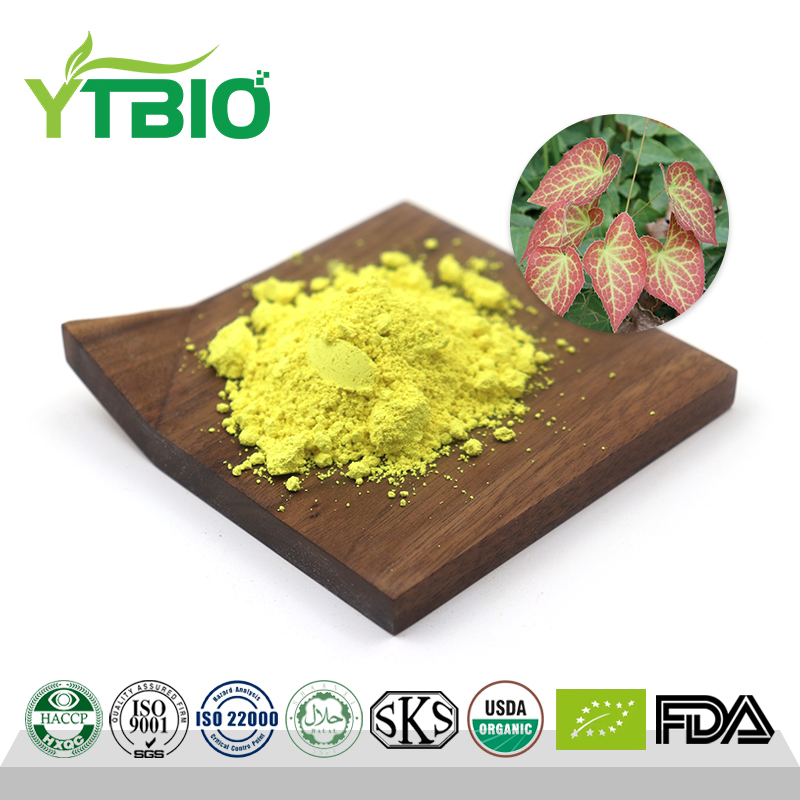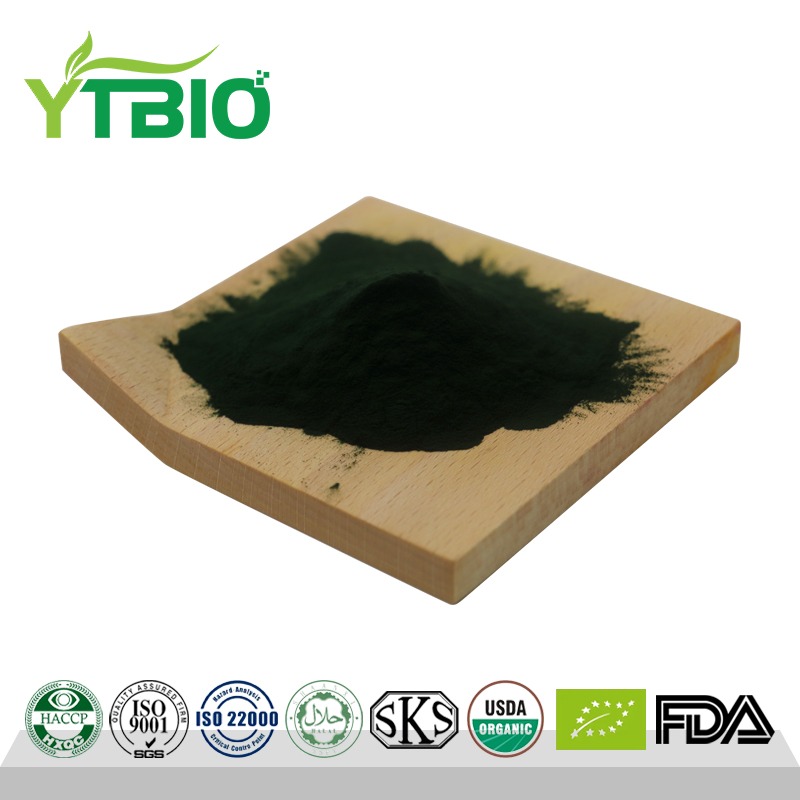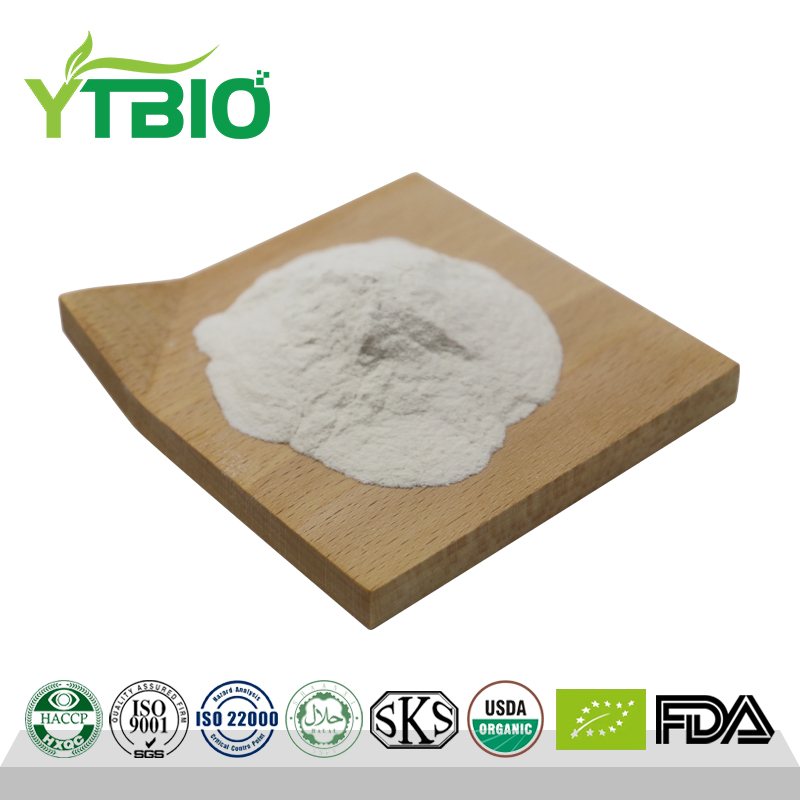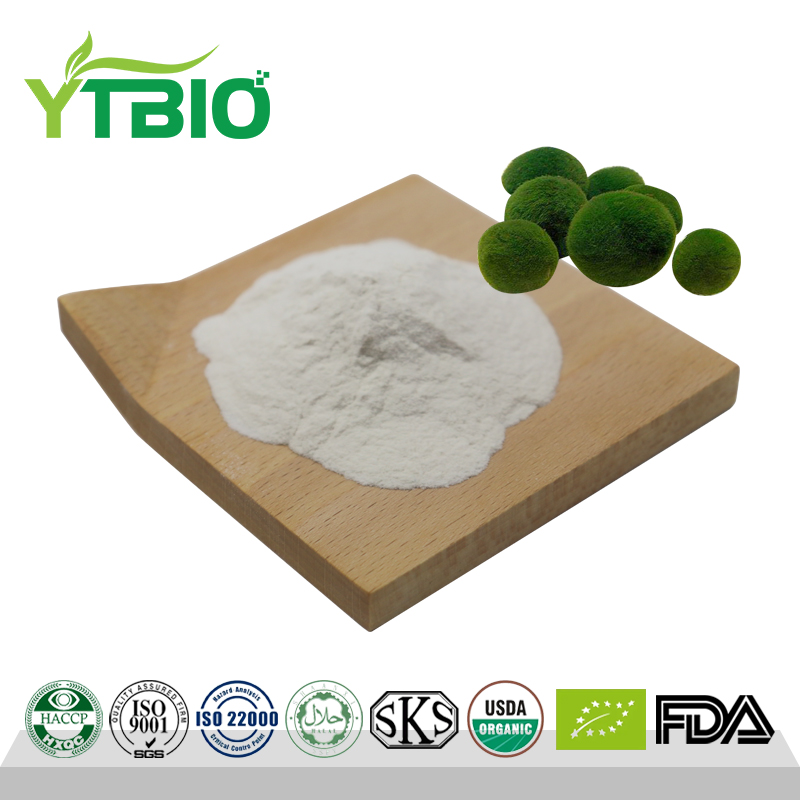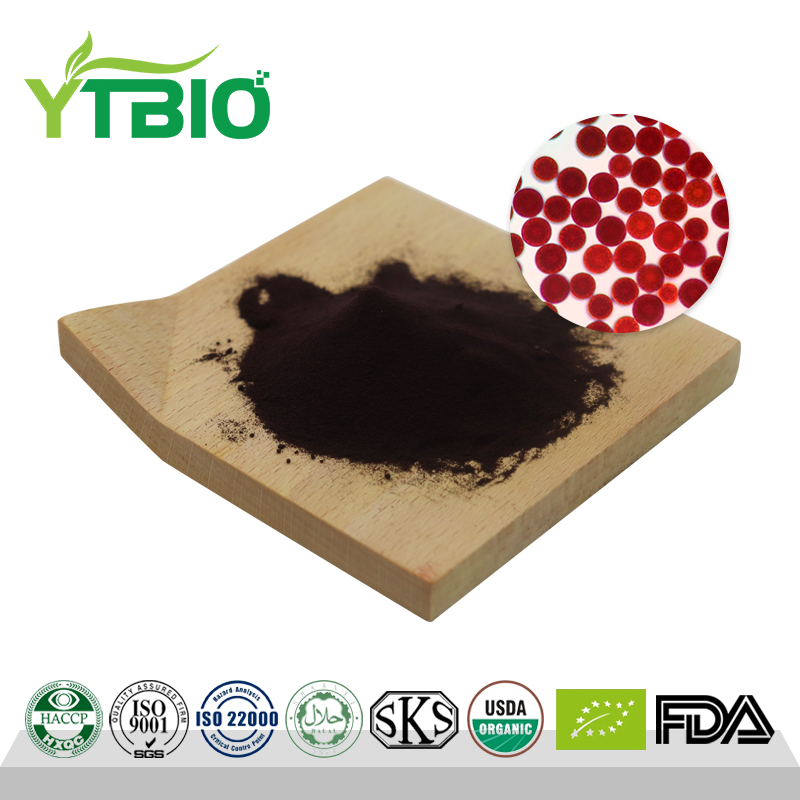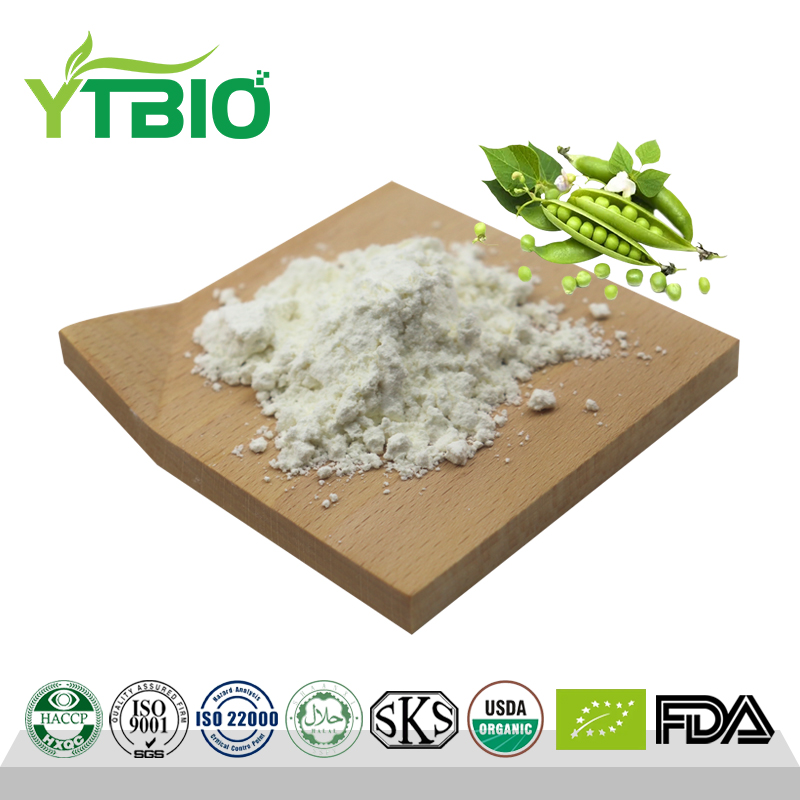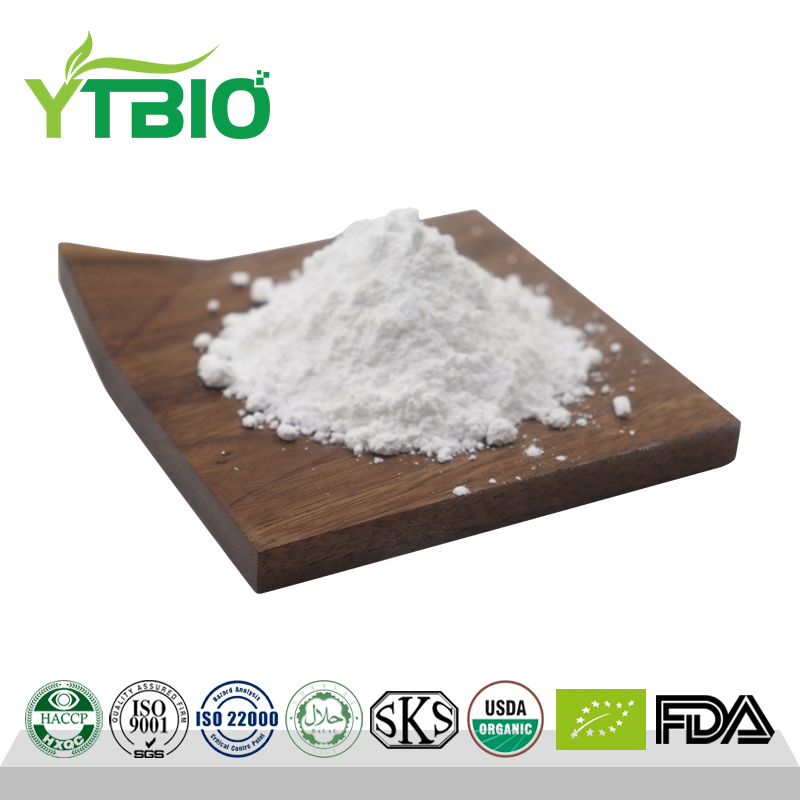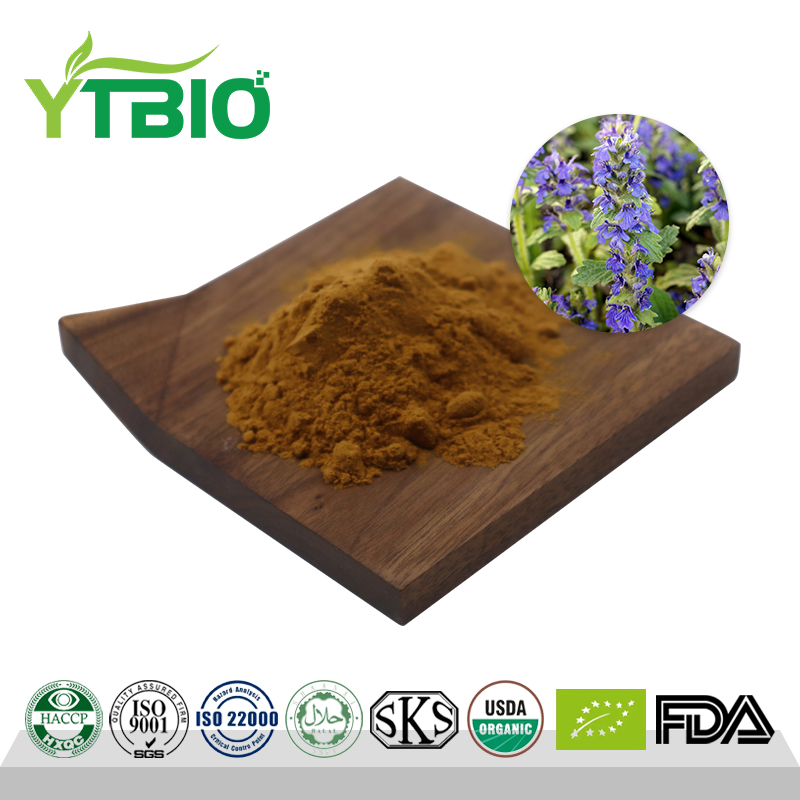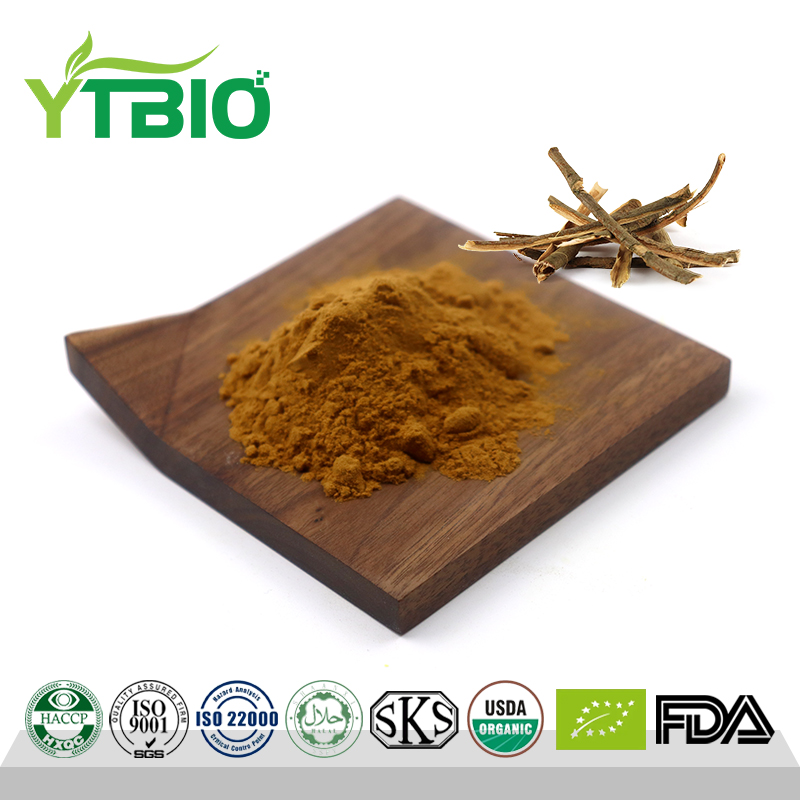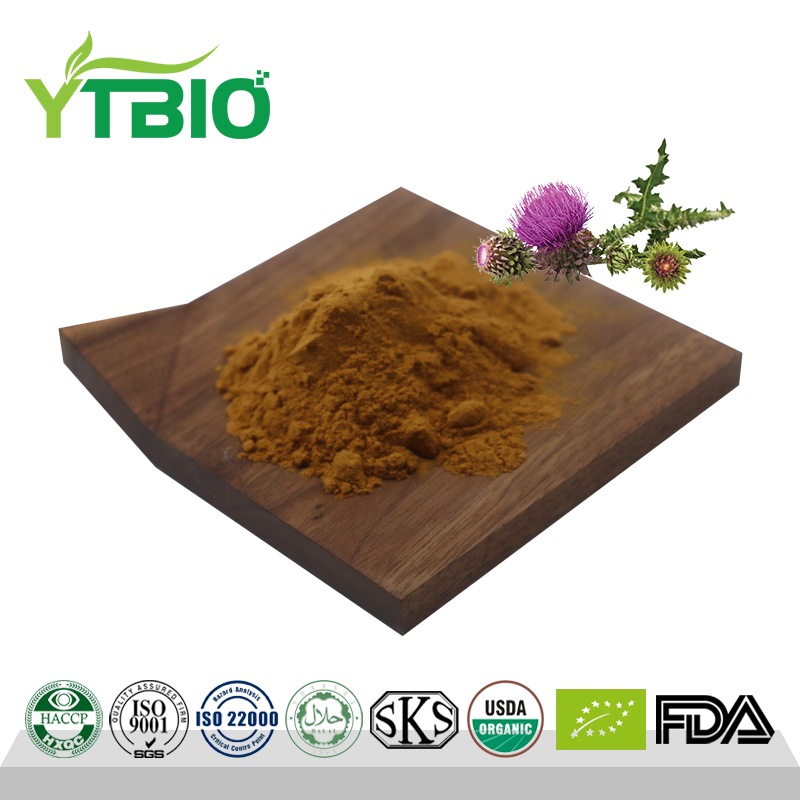Ascorbic Acid Vitamin C 98% powder
What is vitamin C?
Vitamin C, also called ascorbic acid, is a water-soluble vitamin. Vitamin C participates in a variety of reactions in the body, such as participating in redox processes, and plays an important role in biological oxidation and reduction as well as cellular respiration. From the tissue level, the main function of vitamin C is related to the synthesis of intercellular substance. Vitamin C can resist free radical damage to cells and improve human immunity. Some fruits and vegetables contain large amounts of vitamin C, such as lemons, kiwis, cherries, citrus fruits, guava, green or red peppers, mustard greens, spinach, strawberries, grapes and tomatoes. However, vitamin C is extremely unstable and is easily destroyed during storage, processing and cooking. In addition, vitamin C is easily oxidized and decomposed.
The pharmacophore group of vitamin C is ascorbic acid ion. In living organisms, vitamin C is an antioxidant because it protects the body from the threat of oxidants. Vitamin C is also a coenzyme.
Physical and chemical properties
Vitamin C is easily soluble in water, slightly soluble in ethanol, and insoluble in ether, chloroform, benzene, petroleum ether, oils and fats. Aqueous solutions show acidic reactions. It can be quickly oxidized into dehydroascorbic acid in the air and has a sour taste like citric acid. It is a strong reducing agent and gradually turns into varying degrees of light yellow after being stored for a long time. This product is found in a variety of fresh vegetables and fruits. This product plays an important role in biological oxidation and reduction as well as cellular respiration, is beneficial to nucleic acid synthesis, and promotes the production of red blood cells. It can also reduce Fe3+ to Fe2+, which is easily absorbed by the human body and is also beneficial to cell production.
What are the benefits?
Vitamin C may be the earliest vitamin known to people and one of the most commonly used vitamins. For a long time, nutrition experts have generally believed that vitamin C is the simplest and most effective nutrient for improving immunity. Most scientific experts agree on the following health benefits of vitamin C:
(1) Improve immunity: Participate in the synthesis of immune proteins, promote the activity of white blood cells and phagocytes, and help improve human immunity. When vitamin C is lacking, the body's resistance to pathogen invasion decreases and it is more susceptible to disease; when sick, the body's demand for vitamin C will also increase exponentially.
(2) Relieve fatigue and reduce stress: As an important anti-stress nutrient, vitamin C can promote the synthesis of adrenaline. Adrenaline can promote the conversion of glucose into energy for the body's emergency needs. When people are under high stress, their demand for adrenaline will increase accordingly, so their demand for vitamin C will also increase.
(3) Helps prevent cataracts and stains: The antioxidant properties of vitamin C can reduce damage to the eye lens from ultraviolet rays and oxygen. Insufficient intake of vitamin C can easily cause lens degeneration and lead to cataracts; in addition, the antioxidant function of vitamin C can also help fade spots.
(4) Protect the liver: It can alleviate the toxicity of certain chemicals and drugs. Environmental pollution is increasing day by day, and vitamin C also helps protect the liver from toxins.
(5) Prevent scurvy: Vitamin C helps improve fragile capillaries such as gum bleeding and prevent scurvy.
(6) Maintain skin elasticity: Vitamin C can help wound healing, promote the formation of collagen, and make the skin smooth and elastic. It is an excellent skin tonic.
Application direction
Food application
Our country stipulates that it can be used to strengthen sandwich hard candies, and the dosage is 2000~6000mg/kg;
The dosage used in high-iron cereals and their products (limited to 50g of such foods per day) is 800-1000 mg/kg;
The dosage used in fortified infant and young child foods is 300 to 500 mg/kg;
The dosage used in fortified canned fruits is 200-400mg/kg;
The dosage used in fortified drinking liquids and milk drinks is 120-240mg/kg;
The dosage used in fortified fruit purees is 50 to 100 mg/kg.
In addition, this product has strong reducing properties and can be used as an antioxidant.

Medical applications
Vitamins. Participate in the redox process in the body, reduce capillary fragility and increase the body's resistance. Used for vitamin C deficiency, fever, chronic wasting disease, etc.


